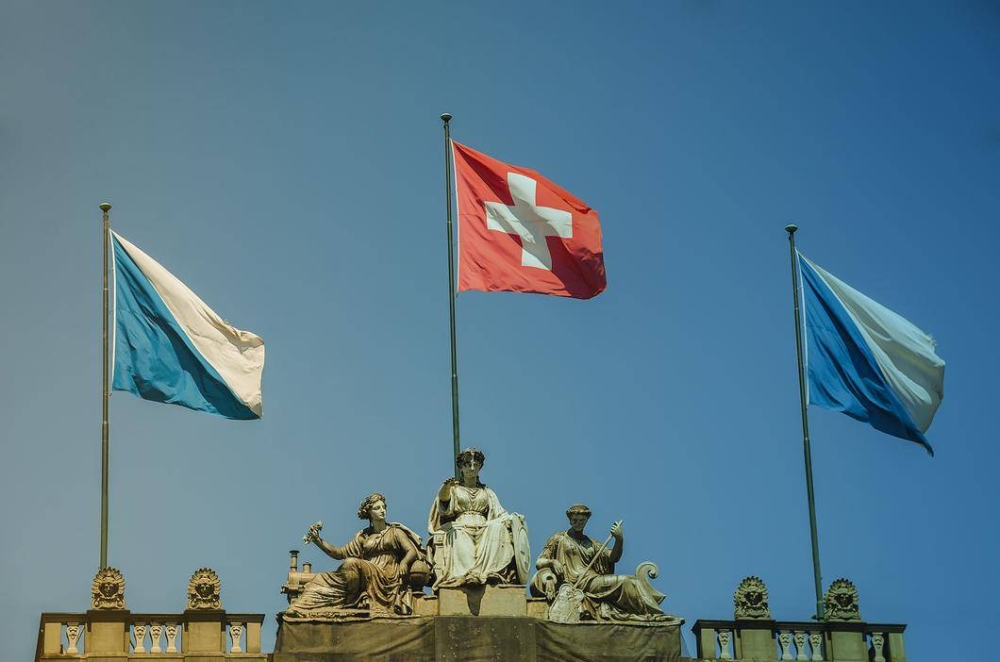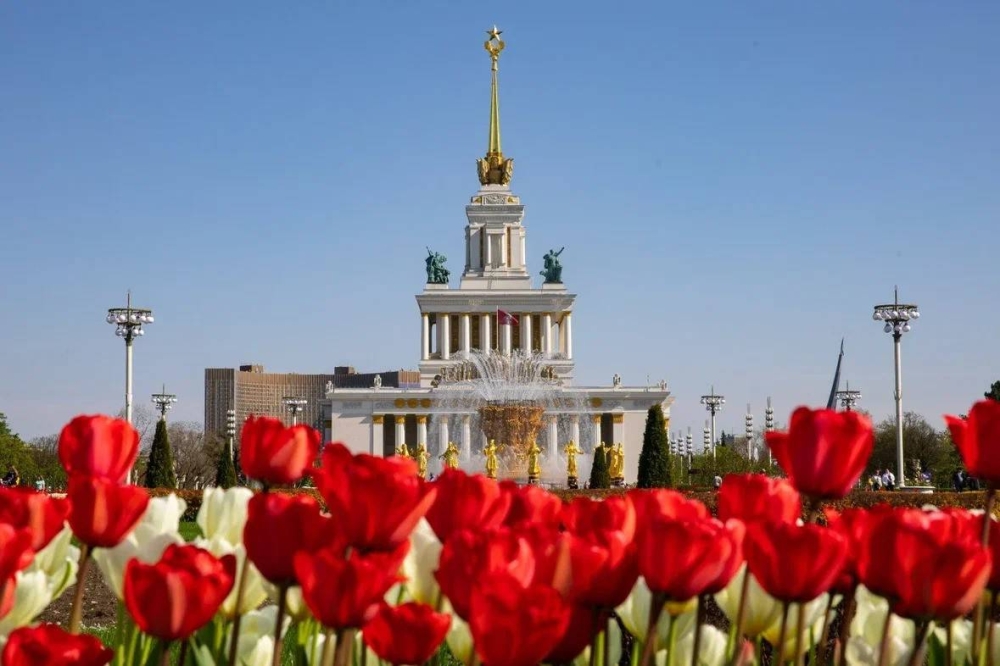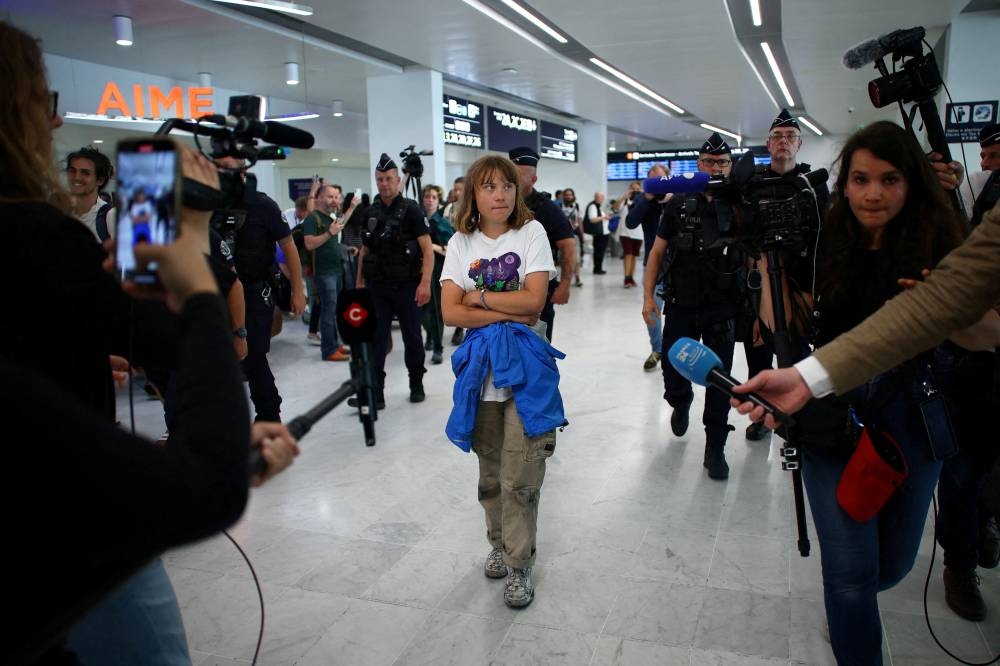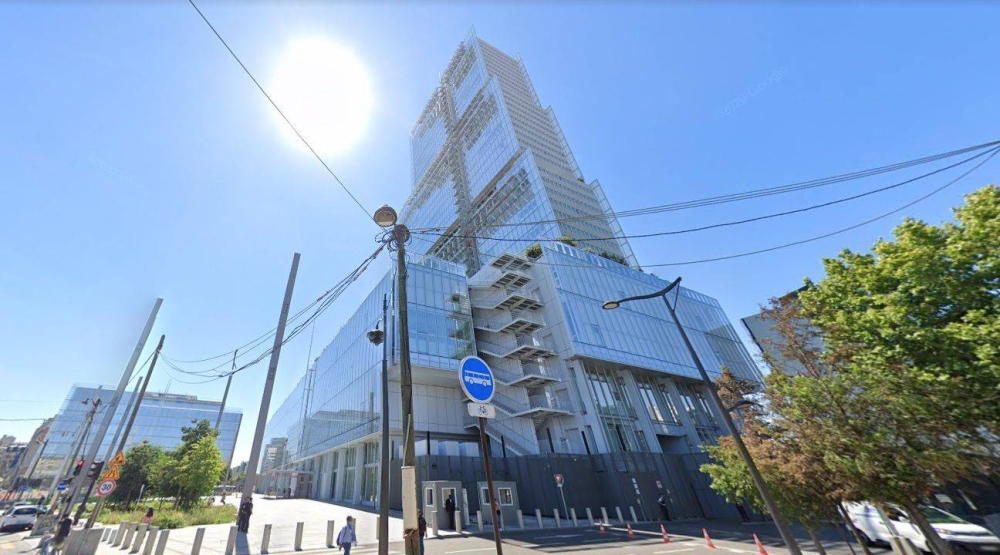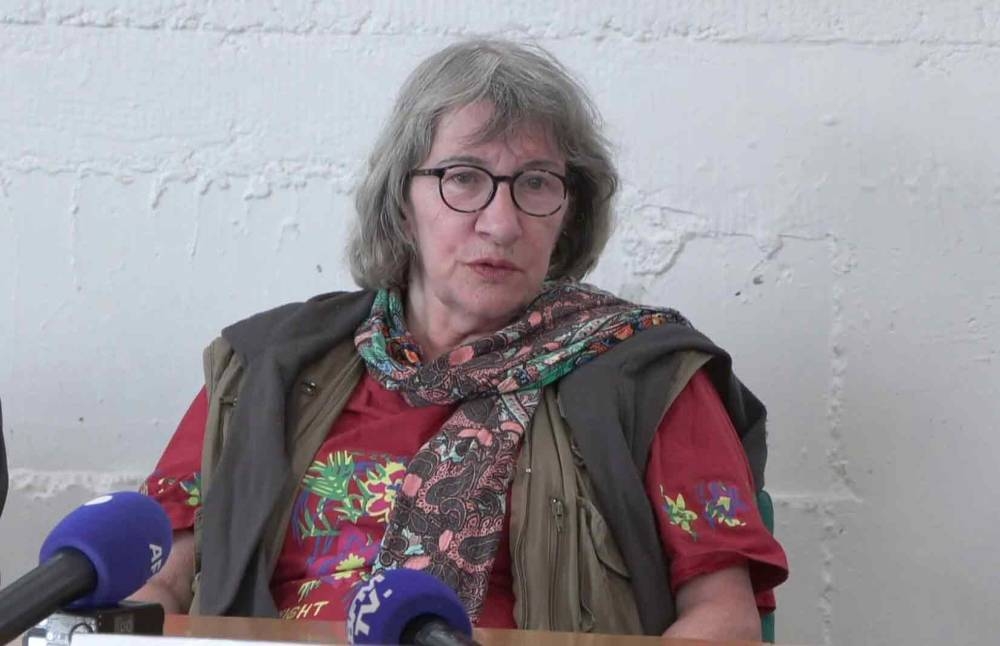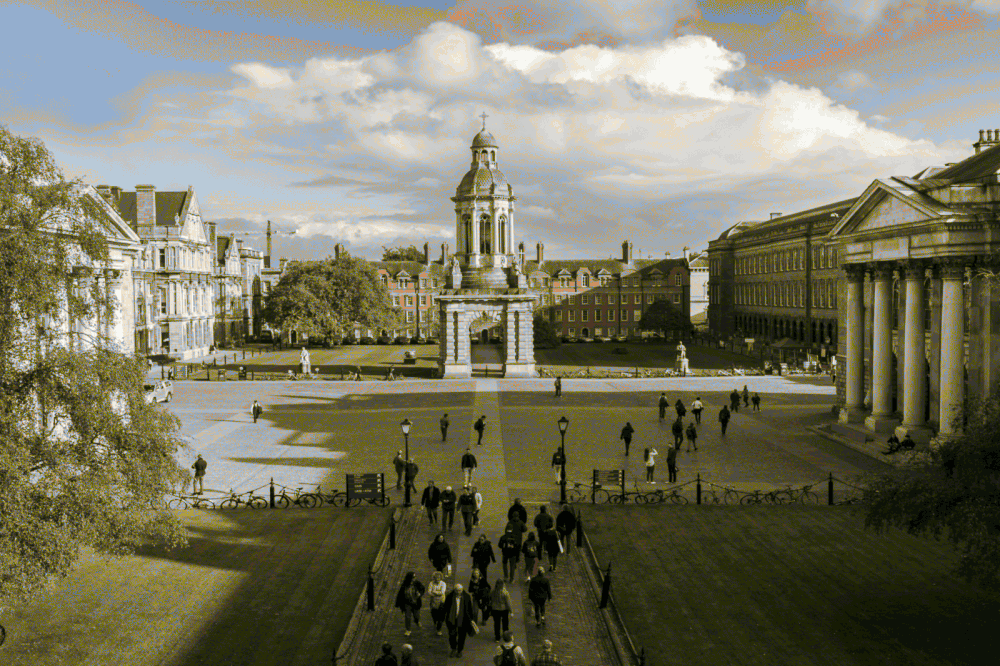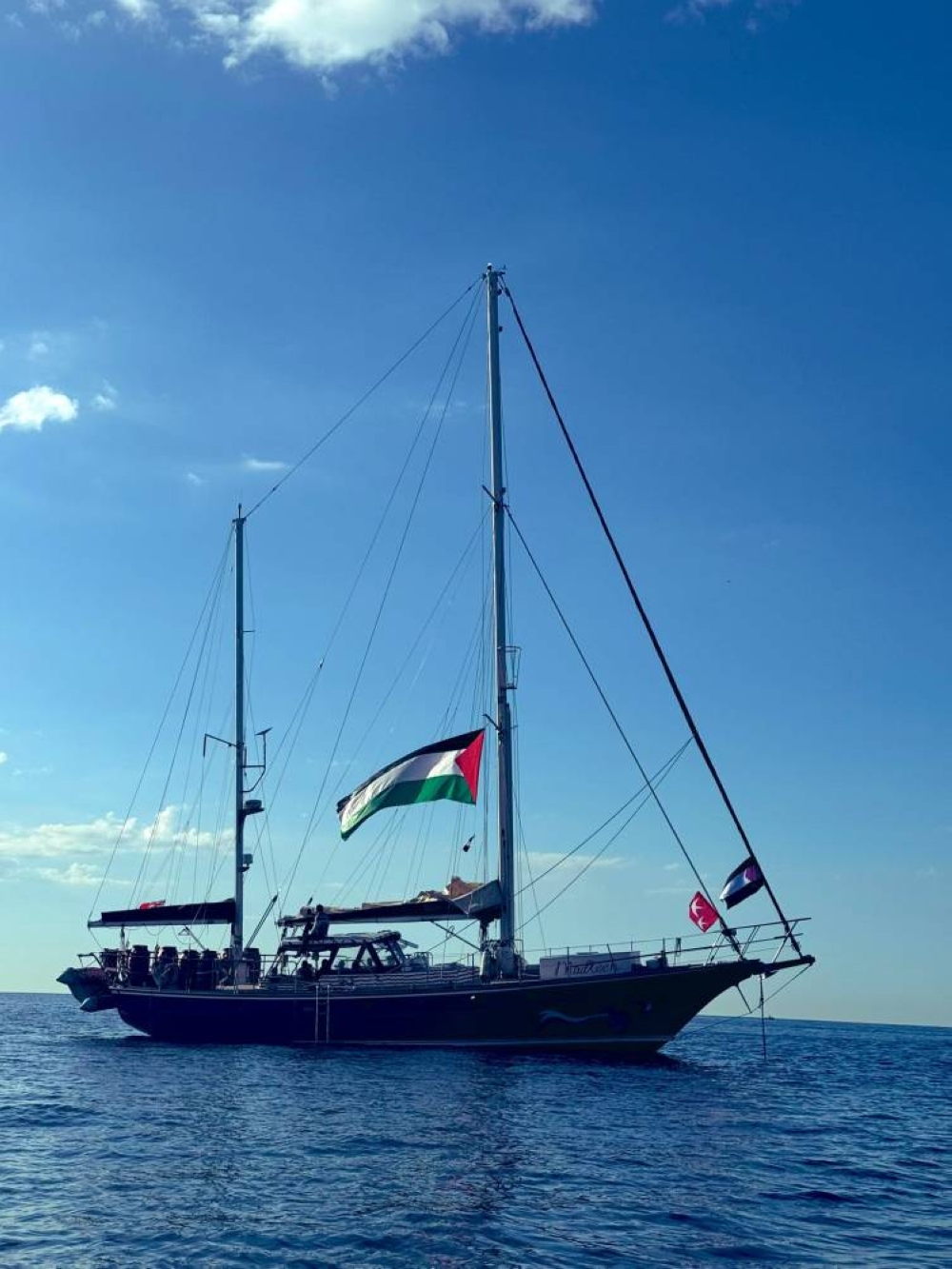Switzerland said Wednesday it would close the Geneva branch of the US and Israeli-backed Gaza Humanitarian Foundation because it had neither a Swiss address nor a representative in the country. An officially private effort with opaque funding, GHF began operations on May 26 after Israel halted supplies into Gaza for more than two months, sparking mass famine warnings. GHF operations have been marred by chaotic scenes and near-daily reports of Israeli forces firing on people waiting to collect rations in the Palestinian territory, where the Israeli military is seeking to destroy Hamas. GHF is based in the US state of Delaware, with a subsidiary registered in Geneva. In the Swiss Official Gazette of Commerce, the Swiss Federal Supervisory Authority for Foundations (ESA) on Wednesday published "a call for creditors following the liquidation" of the GHF. The ESA can "order the dissolution of the foundation if no creditor comes forward within the legal period of 30 days", an interior ministry spokeswoman told AFP. "The GHF confirmed to the ESA that it had never been active in Switzerland and that it intended to dissolve the Geneva-registered foundation," she added. The Geneva subsidiary "was failing to comply with certain legal obligations", the spokeswoman said, adding that the ESA had asked GHF to clarify the situation by the end of June. She said there were five shortcomings: the foundation did not have a board member authorised to sign documents domiciled in Switzerland; it did not have the minimum three board members; it did not have an account in Switzerland; or a valid address; or an auditing body. GHF says it has delivered more than 950,000 boxes of foodstuffs since it began operations. The United Nations and major aid groups have refused, however, to cooperate with the foundation over concerns it was designed to cater to Israeli military objectives. The UN human rights office said last week that since the GHF began operating, "the Israeli military has shelled and shot Palestinians trying to reach the distribution points, leading to many fatalities." The World Health Organization's chief said Friday that in the previous two weeks, 500 people had been killed "at non-UN militarised food-distribution sites". And the medical charity MSF (Doctors Without Borders) said Friday that "every day, MSF teams see patients who have been killed or wounded trying to get food at one of these sites". GHF says there have been no fatalities "at or in the immediate vicinity of" its distribution sites, and is "not aware of any of these incidents". It said however that the Israeli military "is tasked with providing safe passage for aid-seekers", and the allegations were "too grave to ignore". "We therefore call on Israel to investigate them," it said in a statement.
Tuesday, February 10, 2026
|
Daily Newspaper published by GPPC Doha, Qatar.

